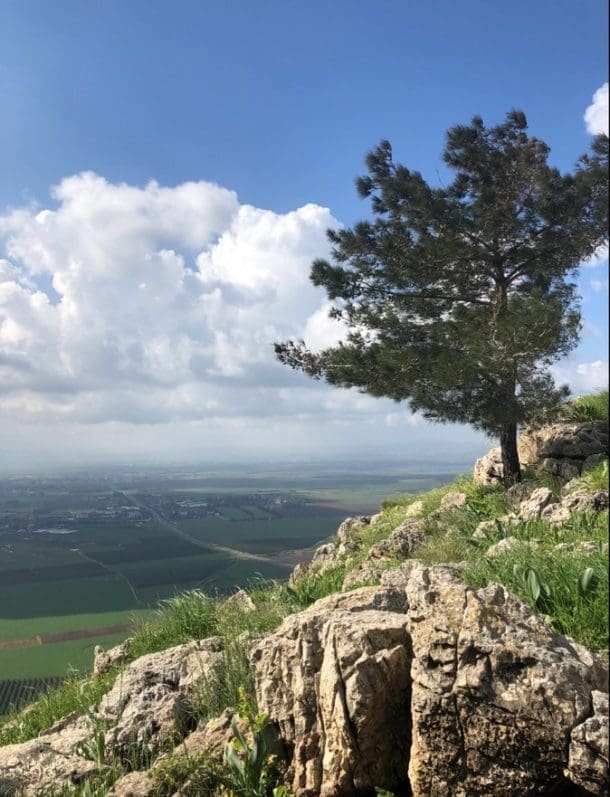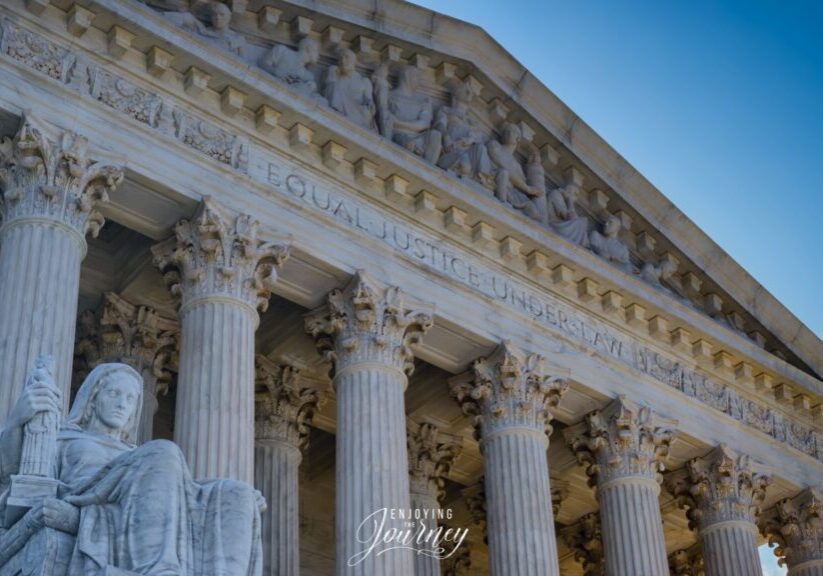
Nazareth
“And all they in the synagogue, when they heard these things, were filled with wrath, And rose up, and thrust him out of the city, and led him unto the brow of the hill whereon their city was built, that they might cast him down headlong. But he passing through the midst of them went his way,” Luke 4:28-30
In a curious passage, the residents of Jesus’ hometown of Nazareth at first welcomed Him and listened to His message since they knew Him and His family. In fact, they referred to Him as Joseph’s son. Nevertheless, they objected strongly to His preaching. Especially when He used two Gentiles from Scripture as examples of great faith, as this offended His hearers. They took Him up to a cliff outside of town and prepared to throw Him down. However, Jesus simply walked away from the danger.
It is interesting to compare this passage to ancient Jewish stoning rituals, since that may be what the townspeople had planned for Jesus. The ancient rabbis of Israel believed strongly that no human should suffer, including the condemned. As such, they instituted regulations surrounding stoning, and indeed all executions. They aimed to minimize suffering and protect the dignity of the person in the execution. They based this thinking on Leviticus 19:18 “thou shalt love thy neighbor as thyself.” Even in death, a neighbor should be treated with kindness. In the Bible, as with Jesus in Nazareth, almost all stoning took place outside of the city to observe the requirement for this to take place “outside the camp.” For example, when they stoned Stephen, they first cast him out of the city. (Acts 7:58)
In the case of stoning, the biblical command for a minimum of two witnesses was observed. (Deuteronomy 17:5-7) The religious authorities required that the person be taken to the top of a high cliff, or failing that, a deep pit or manmade platform could be used. The drop needed to be about eighteen feet deep, although some sources give different heights. The religious authorities would place the person at the edge, but facing away from the drop.
Then the first witness would place his hands on the condemned’s hips and shove as hard as he could. Ideally, the fall would kill the person, but if not, the second witness would then drop a large, specially prepared stone onto his chest. If that still failed, then everyone looking on would drop a stone on him. Interestingly, they would give the stoned person a proper burial, but they would bury them with the stones from their execution.
The incident in Luke seems to show a possible attempt to stone Jesus. However, He walked away with no opposition. Why? It is likely that nobody was willing to be the witness against Him. He was a local after all, and they probably knew Him and His family. In addition, the ancient rabbis wrote that the requirement for two witnesses was not accidental. They were symbolic of the two tables of the law, and stoning was thus a punishment for violating the commandments. Since Jesus had angered the crowd by explaining and applying Scripture, once their anger cooled they no doubt realized that He had done nothing to violate the law of God.
At the beginning of His message that day in Nazareth, Jesus observed that “No prophet is accepted in his own country.” He no doubt knew that His message would anger many of His own friends and relatives. In spite of the danger, He trusted God and delivered the message that the attendees of the synagogue needed to hear. Sometimes, like Jesus, we need to go back to our hometown, to our family. Often, again like Jesus, they will be among the most reluctant to listen to our message. Who do you need to tell about Christ? Do you need to go back to your family and do as Jesus commanded the man from Gadera: “Go home to thy friends, and tell them how great things the Lord hath done for thee, and hath had compassion on thee?” (Mark 5:19) God protected Jesus in Nazareth, and God will protect you too.

Cliff next to Nazareth. From here, one can see a panorama of the Jezreel Valley. Sites associated with the Bible are visible, such as Mount Carmel, Nain, and Mount Tabor. This cliff is interesting in light of Luke 4. There are literally no other high cliffs nearby, and this one is right beside Nazareth. It is highly likely to be the exact cliff from Scripture. Photo by John Buckner
Discover more from Enjoying the Journey
Subscribe to get the latest posts sent to your email.






